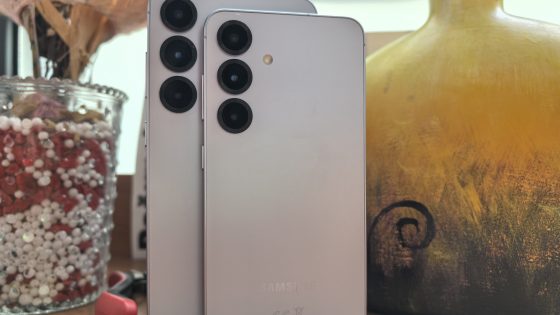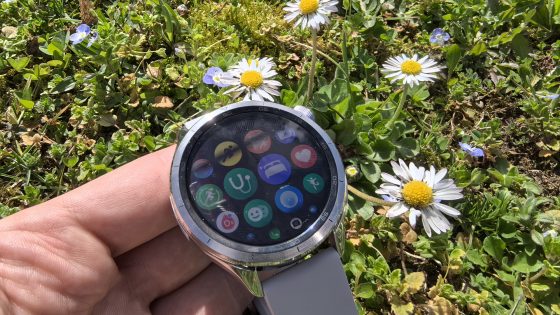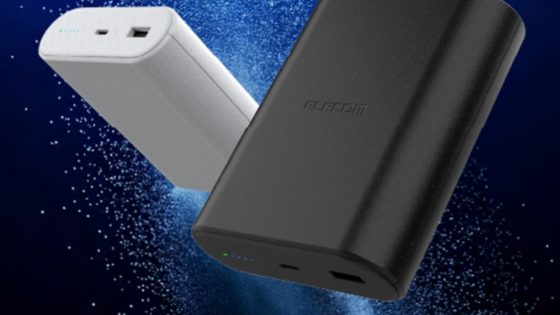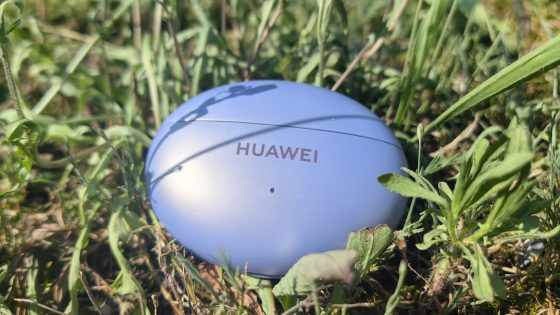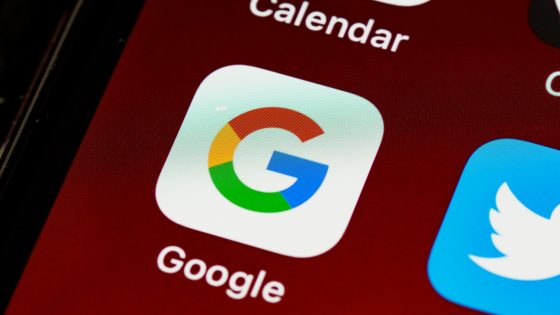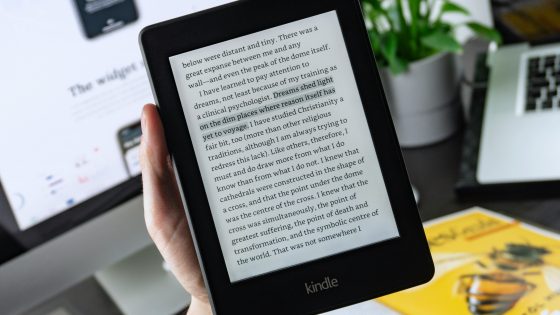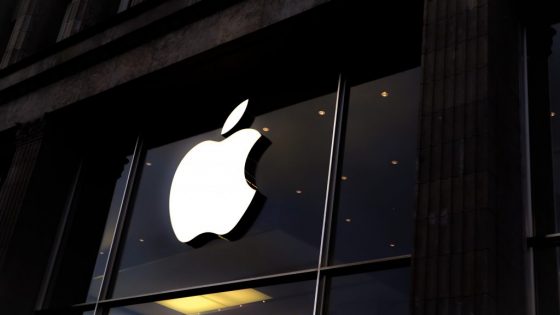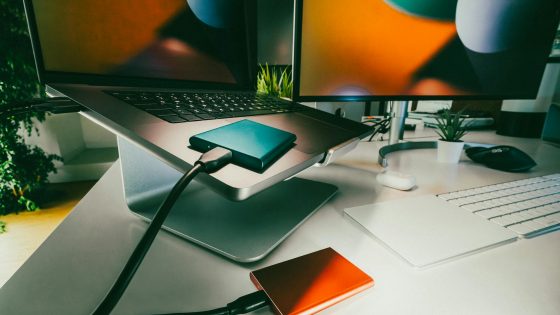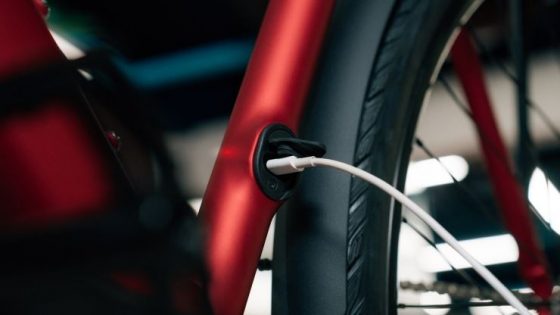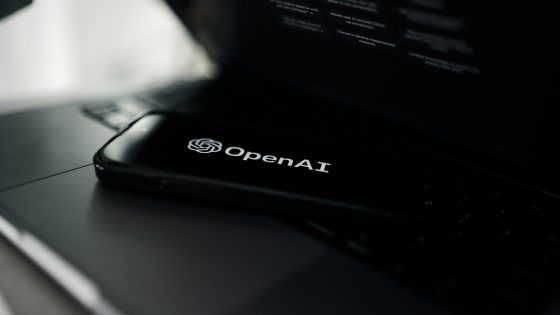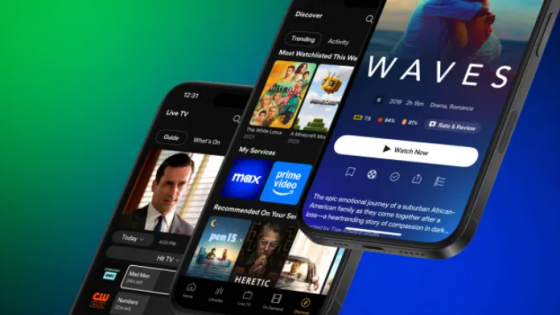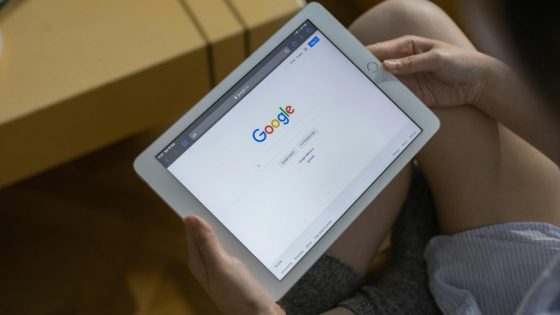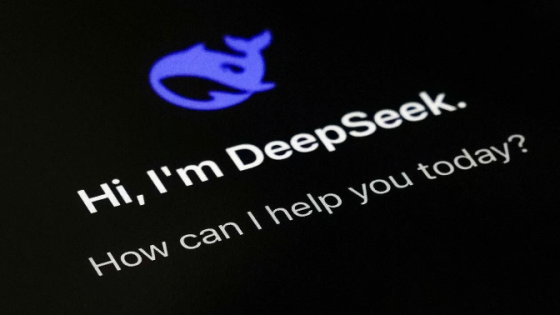Apple limited the radiation of the iPhone 12, but not without compromises

The French regulatory body recently found that the iPhone 12 emits more radiation than is allowed in France. They demanded that Apple stop selling the phone in the country and threatened to recall phones that had already been sold if Apple did not fix the problem. Apple has denied the allegations, saying the iPhone 12 is certified by several international organizations as meeting global radiation standards.
However, in the same breath, Apple announced that it would release a software update for the iPhone 12 to comply with France's radiation requirements. In an official statement, they said that the issue will be resolved with the release of iOS 17.1, which will prevent the iPhone 12 from using more power when the device is in contact with static surfaces.
"iOS 17.1 includes an update for iPhone 12 for users in France to comply with this special testing protocol that requires reduced power when on a static surface," reads the official Apple support page.
“iPhone 12 will no longer increase the allowed power when it detects an off-body condition, such as when it is on a table. Thus, in coverage areas where the cellular signal is weak, this change in antenna transmit power may result in slightly worse cellular performance in certain use cases. Most users should not notice any change," the note reads. For your information, how this situation came to be: France's national authority for regulating radio frequency emissions, ANFR, tested 141 iPhone 12 phones and found that they exceeded the legal limit for radiation emissions in contact with the body.
Apple immediately noted that their phones use sensors that detect how close the phone is to the user's body and automatically adjust the radio signal strength so that it is not too strong. When the phone is not close to the user's body, such as when it is on a table, it uses slightly more transmission power. Apple said the French testing protocol did not account for this feature. They also tested the phones with a mannequin that the phones didn't recognize as human, and thus didn't adjust their radiation power properly.
Now, to fix the problem, Apple has released a software update that disables the body detection technology and ensures that the phone always works at lower transmit power levels. “The iPhone has sensors that detect when the phone is on a static surface like a table and when it's in your hand or pocket. This detection mechanism, which has been used in all iPhones for over a decade, allows the device to slightly increase the transmission power in such scenarios to optimize performance.”
Apple emphasized that the iPhone 12 is safe to use even without a software update. The update is primarily intended to address concerns raised by the French regulatory authority. "We want all iPhone 12 users to know that the phone is and always has been safe to use."



